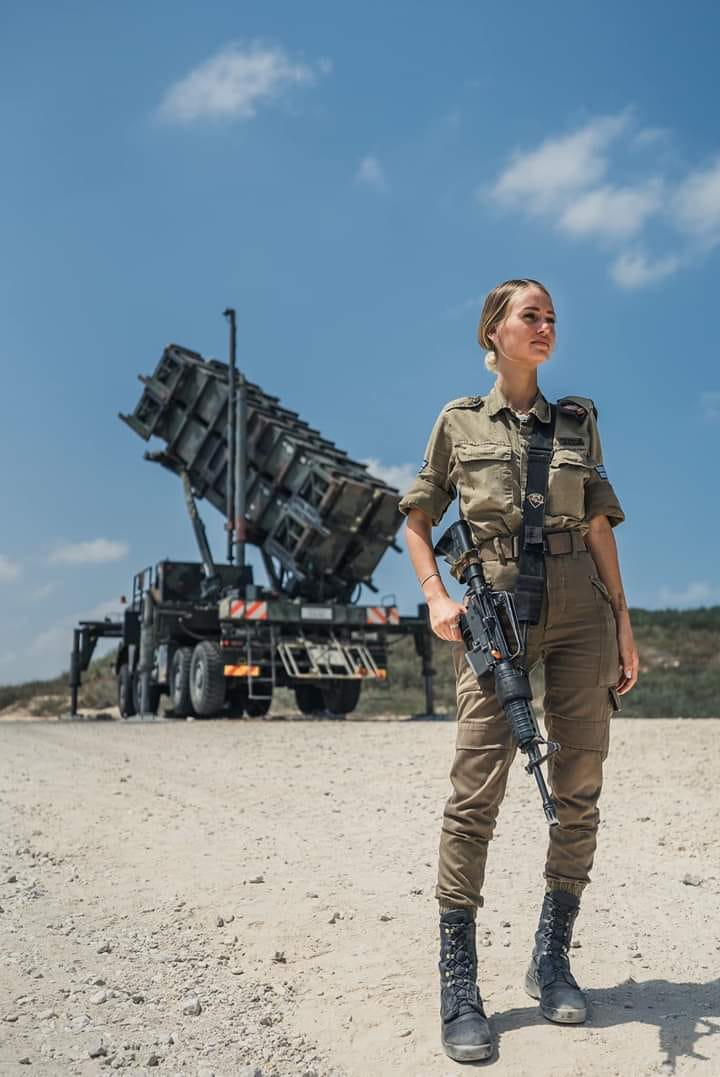The bewitching power of female soldiers
Between fascination and transgression
The fantasy of the female soldier is a phenomenon that crosses eras and cultures, finding a particular place in cinema. This article explores the origins of this fantasy, presenting some examples of films and analyzing the reasons behind this fascination.
From mythical warriors to modern military women: evolution of the fantasy
The fantasy of the military woman has its roots in history and myths, with emblematic figures such as the Amazons, the fearsome warriors of Greek mythology. The role of the military woman has evolved over time, but she has remained associated with qualities such as courage, strength and power.
In the movies, the military woman is often portrayed as a strong and independent, even seductive and dangerous woman. Consider Ridley Scott's "G.I. Jane" (1997), where Demi Moore plays a woman who joins the U.S. Navy Special Forces. This representation emphasizes the balance between the seductive aspects and the strong character of the military.

The why of the how: analysis of the fantasy of the military woman
The fascination with the fantasy of the military woman can be explained by several psychological and cultural factors. First, it is important to note that the military woman embodies a figure of power and authority, which can be both attractive and intimidating. Cinematic representations of the military woman often play with this duality, creating complex and ambivalent characters.
On the other hand, the military woman can be seen as a symbol of women's liberation and empowerment, defying traditional gender stereotypes. In films such as Patty Jenkins' "Wonder Woman" (2017), the military woman is portrayed as a heroine who fights for justice and equality, while asserting her femininity and seductiveness. This representation can inspire and seduce the viewer, offering an alternative model of femininity.
Finally, the fantasy of the military woman can also be linked to issues of power and control, both on an individual and collective level. In films such as Stanley Kubrick's "Full Metal Jacket" (1987), the military woman is confronted with the ethical and moral dilemmas of war, and must balance her loyalty to her comrades with her own conscience. This type of character questions the limits of authority and obedience, and engages the viewer in a reflection on human nature.

Conclusion : the fantasy of the military woman through the ages and the screens
The fantasy of the military woman is a complex and fascinating phenomenon, which has crossed the ages and cultures to impose itself in the collective imagination. The cinema has been able to exploit this fascination, offering varied and sometimes disturbing representations of the military woman.
To deepen our analysis, it is interesting to study the psychological theories behind this fantasy. Psychoanalysis, for example, could evoke notions of power, control and transgression of traditional gender roles. Archetypes in the collective unconscious, such as the "warrior" or the "femme fatale", could also play a role in the genesis and persistence of this fantasy.
In sum, the fantasy of the military woman is a rich and complex phenomenon, rooted in history, culture and psychology. Cinema has been able to capture this fascination, offering diverse and sometimes confusing representations of the military woman, which continue to fuel our questioning and our imagination.
FAQ
What are the origins of the fantasy of the military woman?
The origins of the fantasy of the military woman go back to history and myths, with emblematic figures such as the Amazons. The role of the military woman has evolved over time, but she has remained associated with qualities such as courage, strength and power.
How does film represent the fantasy of the military woman?
Movies often portray the military woman as a strong, independent, even seductive and dangerous figure. Films explore different facets of this fantasy, playing with notions of power, authority and transgression of traditional gender roles.
What are the psychological and cultural factors behind the military woman fantasy?
Psychological factors include collective unconscious archetypes, notions of power, control, and transgression of traditional gender roles. Cultural factors include ideals of women's liberation and emancipation, and issues of power and control.
How do psychological theories explain the fantasy of the military?
Psychoanalysis might evoke notions of power, control, and transgression of traditional gender roles. Archetypes in the collective unconscious, such as the "warrior" or the "femme fatale", could also play a role in the genesis and persistence of this fantasy.
Why does the fantasy of the military woman continue to feed our imagination?
The fantasy of the military woman continues to feed our imagination because of its complexity and its capacity to resonate with the deepest desires and fears of the individual. Cinema, by proposing diverse and sometimes confusing representations of the military woman, touches on universal emotions and allows us to explore the different facets of this fantasy.

